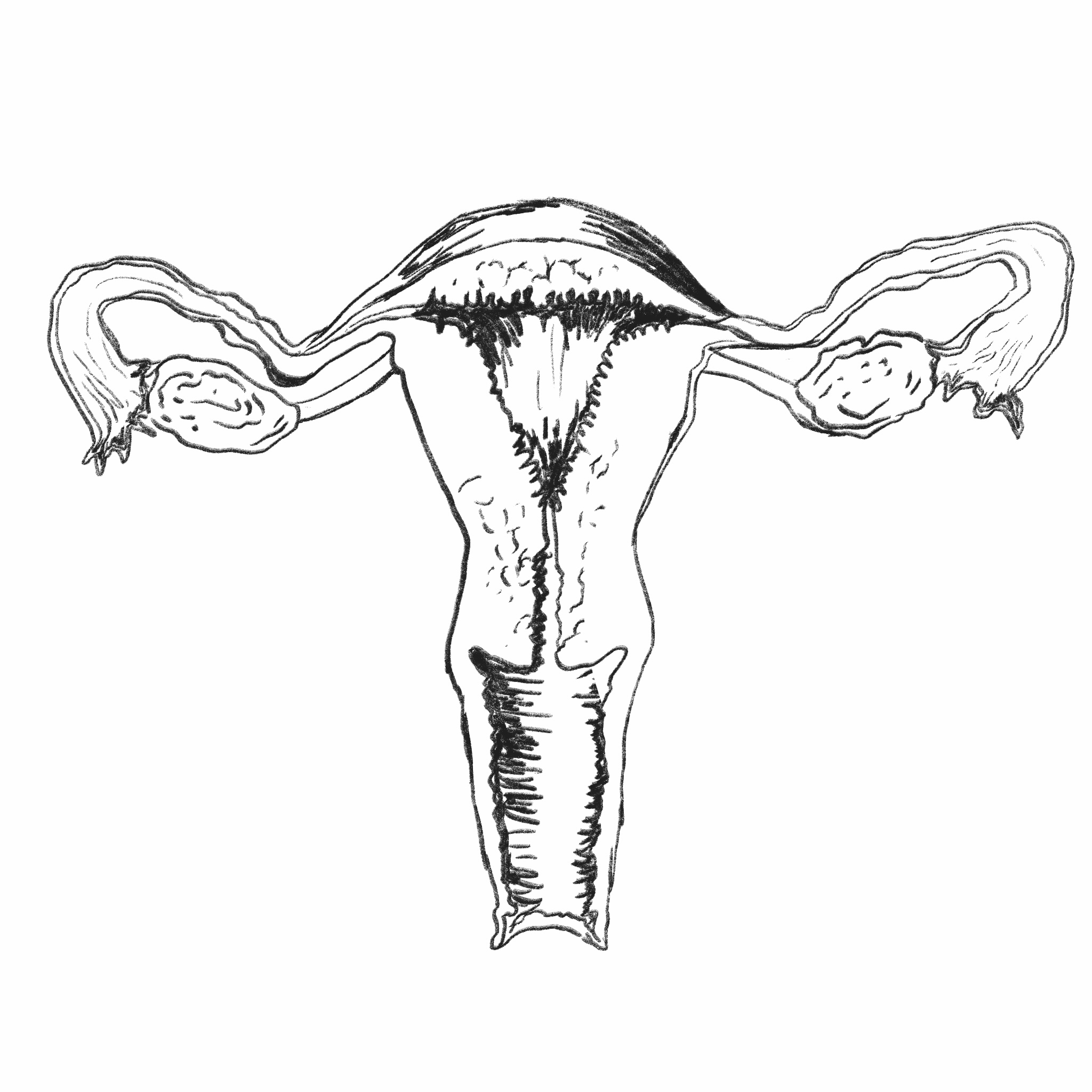The fight for reproductive freedom is far from over
November 15, 2024
 This
piece represents the opinion of the author
.
This
piece represents the opinion of the author
.
 Henry Abbott
Henry AbbottIn the wake of the election, the members of the Bowdoin Reproductive Justice Coalition were devastated. The results were overwhelming, terrifying and draining. But today, that devastation has turned into anger—and this anger is fueling our determination to continue the fight for reproductive justice.
Reproductive justice, which is a term coined by Black women, is more than just the right to choose; it’s a framework that connects reproductive rights to social justice. It’s about recognizing that issues like race, class and gender oppression affect a person’s ability to make decisions about their own body and to access the care that they need. At its core, reproductive justice is rooted in community organizing, intersectionality and a commitment to healthcare access for all.
At Bowdoin, we are firmly rooted in these values. The right to autonomy over our bodies is essential not only for individual freedom but also for our economic stability, social well-being and overall health.
We will not back down from the fight to protect the human right to abortion, especially when those in power are trying to take it away.
In Maine, we have relatively strong access to reproductive care. The Bowdoin Health Center provides free, confidential birth control, STD testing, sexual wellness exams and more. One new addition to the center is the Sexual Wellness Vending Machine, accessible 24/7 with your OneCard. It offers Plan B, pregnancy tests, condoms and other essentials.
While the Health Center does not offer abortion services on campus, they are committed to helping students access the care they need. The center can refer you to nearby providers, and in many cases, these services are covered by insurance. Bowdoin also has emergency funding available to help cover medical costs, including abortion costs.
Abortion is legal in Maine up to the point of fetal viability, around 24 weeks gestation. While we have strong resources here, we must remember that these rights are under constant threat. The election results reminded us of how fragile these protections are. The Trump administration’s attack on reproductive rights—along with the threat of future executive actions and Supreme Court decisions—means that reproductive freedom is no longer a given.
Even in blue states like Maine, a national ban on abortion or birth control could be on the horizon, especially with the current political climate. A ban at the national level would override any and all state protections. The prospect of such a ban is terrifying.
These threats are not abstract. They tangibly and disproportionately harm the most vulnerable among us: women of color, women in abusive relationships, low-income women, young women, disabled women and others who already face systemic oppression. The election was not just a bad day for women—it was a devastating blow to those already marginalized in our society. These laws aren’t about protecting life—they are about control.
Our bodies are our own.
If the election left you feeling scared, sad, hopeless or angry, know that you are not alone. Join the Bowdoin Reproductive Justice community via CampusGroups, and come to our meetings at 7 p.m. on Wednesdays in the Ladd Dining Room. Find community. Find ways to protect each other and the most vulnerable. Together, we will continue to fight for reproductive justice because the struggle is far from over. We will not back down.
Ellen Salovaara ’26, June Hartman ’26 and Skylar Maier ’27 are members of the Bowdoin Reproductive Justice Coalition.

Comments
Before submitting a comment, please review our comment policy. Some key points from the policy: